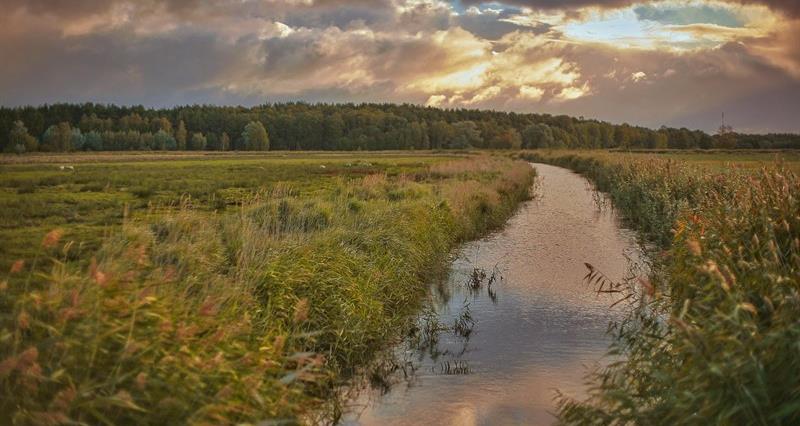The examines the government’s plans and measures to improve the country’s water bodies and concludes that they are falling short of meeting the legally binding environmental objectives set under the WFD (water framework directive) regulations.
Under the current trajectory, only 21% of surface waters in England are expected to achieve ‘good ecological status’ or ‘good ecological potential’ by 2027 – a modest 5% improvement from current levels. This is significantly lower than the 77% target set by the government.
Key factors cited for this current state include:
- Insufficient investment to address major pressures, with only £6.2 billion confirmed out of the £51 billion estimated costs.
- Inadequate attention and resources allocated to sectors like agriculture and transport, which can contribute to water pollution.
- Lack of specific, time-bound, and certain measures in the RBMPs (river basin management plans).
- Unclear governance arrangements and accountability for practical delivery.
- Gaps in monitoring and evaluation frameworks.
A key concern raised by the NFU that links to the last point is the ‘one-out, all-out’ rule, where a watercourse is given ‘moderate ecological status’ if even one of many underlying indicators fails to meet the ‘good’ standard.
�ʼһ���believes this rule hides progress made by farmers and others on individual indicators, giving a misleading impression of the state of the water environment.
More involvement for farmers
The report indicates the agricultural sector (as well as others) needs to be more effectively involved in setting these targets. �ʼһ���supports this as well as simplifying water quality regulation to ensure affordable, proportionate, and outcomes-focused rules.
To help farmers reach these goals, sufficient funding and incentives are needed, such as through ELMs (Environmental Land Management Schemes), which should drive widespread uptake of water quality measures through the provision of adequate financial inducements.
Locality-based funding
While the OEP highlights the need for additional measures, some farms, sectors, and catchments may be expected to take more action than others; the NFU’s position is that this should be recognised properly when allocating funding.
Read the report in full at: .
Government response
The government has now published its .
A key takeaway is that the government has acknowledged progress towards existing water environmental objectives has been inadequate within the timeframe of the current regulatory framework.
The government states it recognises that increased action, investment and more effective management of the entire water system is required to achieve the target of 77% of surface waters having a ‘good ecological potential’ by 2027.
One-out, all-out
In response to concerns surrounding the ‘one-out, all-out’ approach, highlighted in the OEP’s report, Defra has commissioned external research lead by the UK Centre for Ecology and Hydrology.
The research evaluates the design and implementation of this approach, reviewing its effectiveness in measuring and assessing the water environment. The project’s objective is to produce a detailed, standalone evidence base that will inform policy on the suitability of the one-out, all-out approach.
Next steps
In the coming months, the government said it will outline its plans to reset the water sector regulatory system.
This will include a review to ensure that the framework underpinning the water sector provides long-term stability, with clear, attainable targets that reflect the needs of the environment and customers at catchment, regional and national levels.
The review, the government states, will draw expertise from various sources, covering key areas such as the environment, public health, consumers and investors.
This process, the report states, will conclude with further legislation that will ultimately transform the water industry and permanently restore rivers, lakes and seas to good health.
